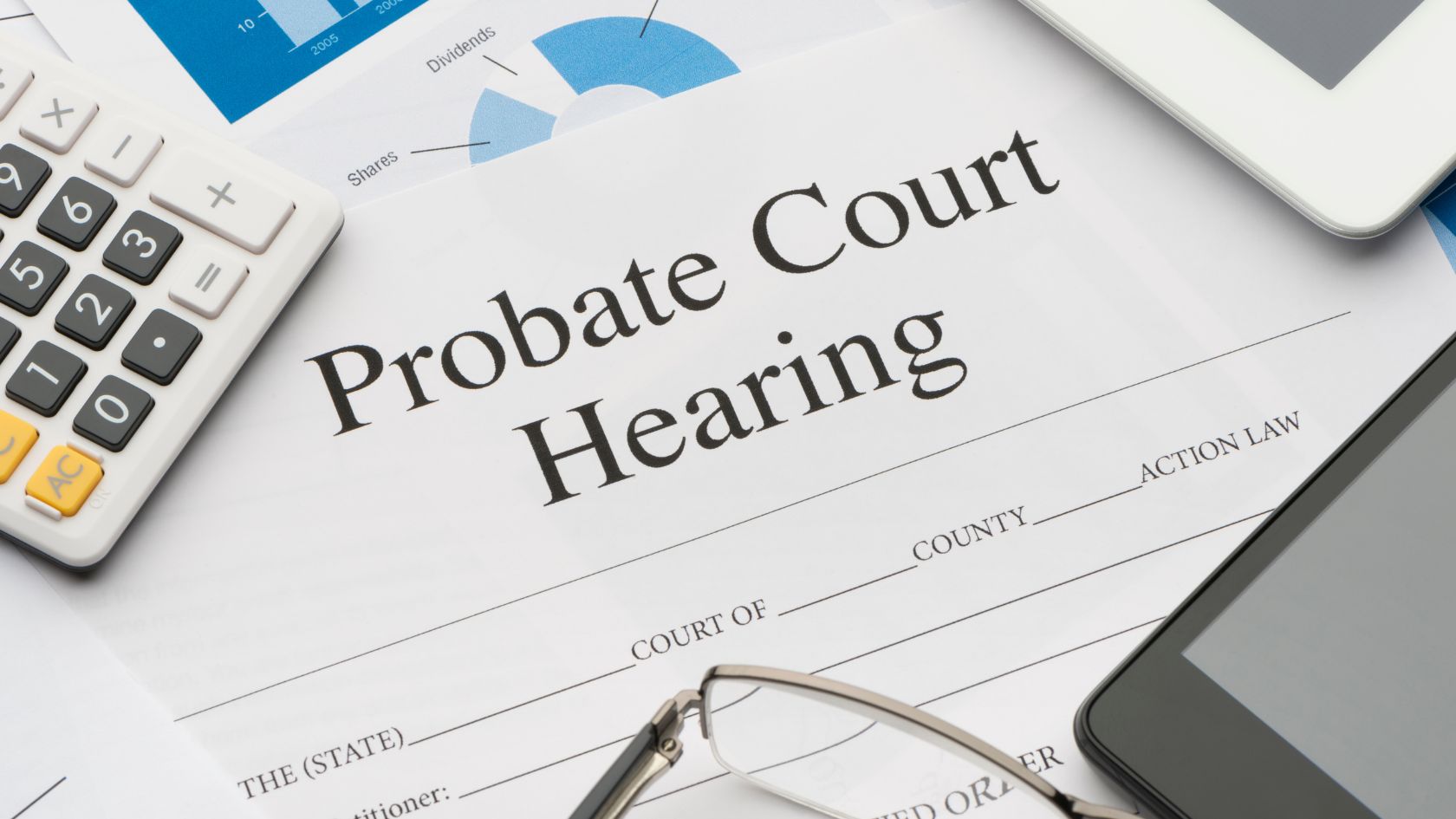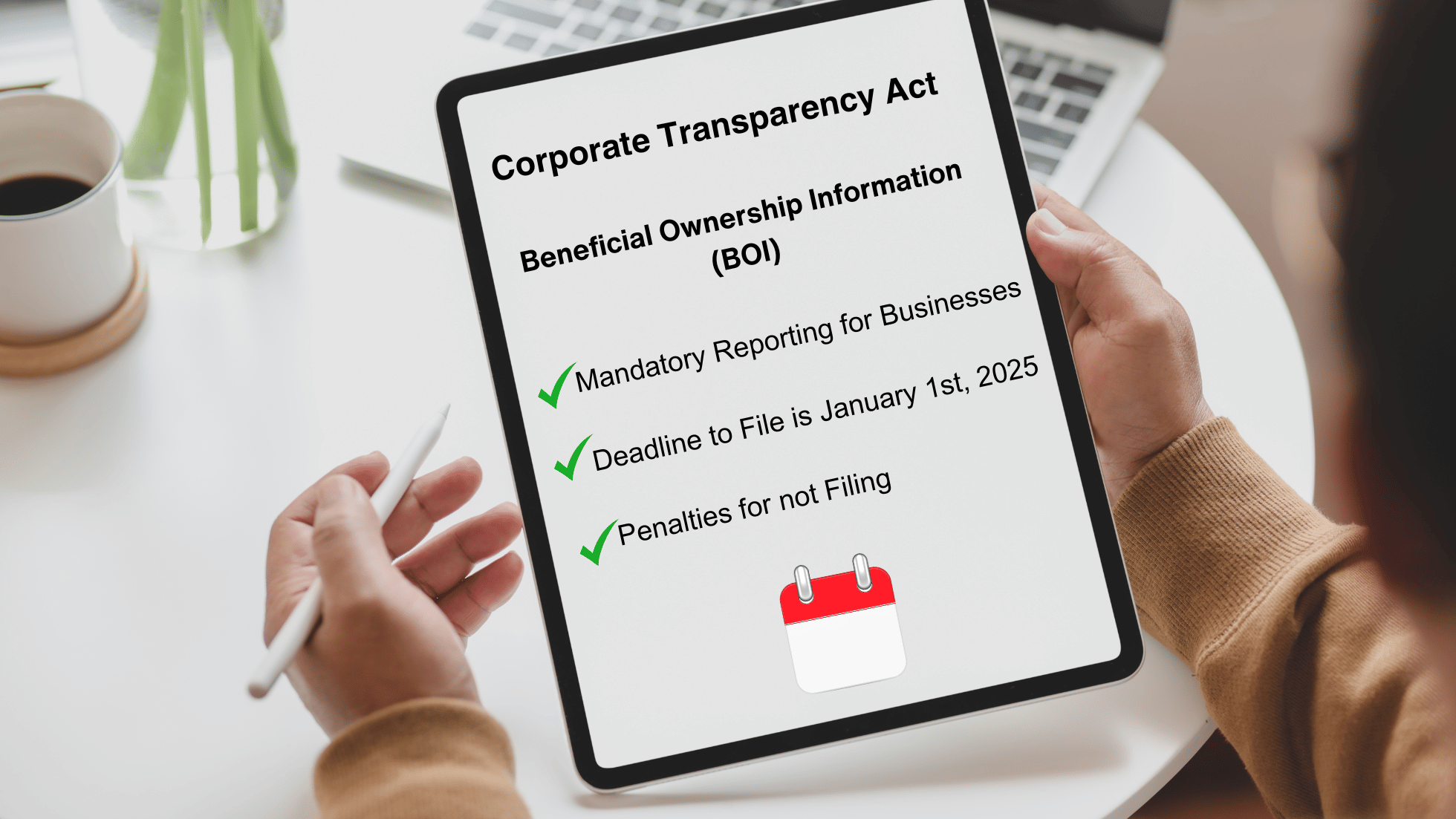What Happens If You Die Without a Will in Ohio?
Why Every Adult Needs an Estate Plan, Even If You Think You Don’t No one likes to think about their own passing, but failing to plan can leave your...

For many business owners, the future planning of their business falls into budgeting, inventory orders, and new product development. However, business owners need to include estate planning in their future planning of their business. Failing to properly plan for your business after your death, whether you are a shareholder, partner, or sole proprietor, can have serious implications on the performance and continuance of your business. Having a proper plan for your business will ensure that your business doesn’t have to go through the probate process and can prosper long after you are gone.
Probate Court is a specific court that has the full jurisdiction to grant statutory, declaratory, and equitable relief in all manners directly affecting the administration of an estate. This means that the probate court handles the estate administration of people who die intestate and testate. If someone dies intestate, it means that they have died without a Will or any estate planning documents and that the probate court will administer their estate according to statute. If someone dies testate, they have a Will or some estate planning documents and the probate court will administer the estate partially through statute and through the directives in the estate documents. If you have a Will and no other estate planning documents, such as a trust, your estate will have to go through the probate process. If you do not have many assets, then estate administration through the probate court may be the easiest option for you. However, if you are the sole proprietor or joint owner of a business, it is best to avoid probate. If you’d like to learn more about the probate process, check out this article here or read more about the frequently asked questions about estate planning.
Once the probate court receives the proper filings to begin an estate administration, the court will begin the process of settling the estate. The usual steps that most state probate courts will take include:
• Appointing an Administrator to assist the court
• Gathering the property of the decedent that must be probated
• Valuing the property of the decedent and selling any if needed
• Paying off all of the debts, taxes, and claims owed by the decedent
• Collecting any remaining income, dividends, or ownership interests
• Distribution of the property to the heirs and beneficiaries
Usually, the court will appoint an applicant who filed for the administration as the administrator of the estate. This administrator will work with an attorney to make sure that the decedent’s accounts and assets are prepared for the administration. This includes determining what property must go through probate and appraising the value of the property. Once the value of the property is determined, then the debts of the estate will be evaluated and paid off. If the decedent has insufficient cash to pay for the debts, it is likely that the decedent’s assets will be sold to cover the debts. After the remaining debts have been paid, then the decedent’s beneficiaries will be distributed the rest of the property or proceeds from the sale of the property. While this process may sound easy, most simple probate administrations that deal with only a few assets, like a house or car, usually take six to twelve months to resolve.
If you are a sole proprietor, your entire business will have to go through the probate process. This means that an administrator will be appointed to your business, who will then work to liquidate your entire business. It is important to keep in mind that this administrator will have only four months to liquidate and close your business. Your business will not be allowed to continue after your death for fear that it may endanger the rest of your assets.
If you are a shareholder or a partner, your share in the business will go through the probate process as well, but through a slightly different process than a sole proprietor. If you are a partner in a business, Ohio Revised Code 1776.61-67 will govern how your share passes through probate. When a partner dies, the partnership will either be dissolved, and the business continues with the remaining partners or the decedent partner will be disassociated from the partnership, and the business will continue. If the decedent partner is disassociated, the decedent’s estate will become a transferee, and the share will be valued and distributed. If you are a shareholder, your shares will be treated much like your other personal assets. However, the valuation process of a share of ownership will be much more involved than valuing a piece of real estate or a vehicle. To value a share of ownership, the entire business must be valued to find the appropriate value of the share. This can put a burden on business operations and even slow business transactions, which means the business suffers.
The only foolproof way to avoid probate is to have a trust. There are many different kinds of trusts, such as a revocable trust or an irrevocable trust, and an estate planning attorney will be able to tailor a trust to fit you and your business’s needs. Additionally, an estate planning attorney will help you develop a succession plan so as to minimize tax debts after you pass and to make the business’s succession as easy as possible.
If you have additional questions or require assistance with your business planning, please contact us here.
This information is designed to provide a general overview with regard to the subject matter covered and is not construed to be legal advice.
Authored by: Mary E. Zoldak

Why Every Adult Needs an Estate Plan, Even If You Think You Don’t No one likes to think about their own passing, but failing to plan can leave your...

At MacLaren Law, LLC, we are committed to keeping you informed about important legal developments that impact your business. Starting January 1,...